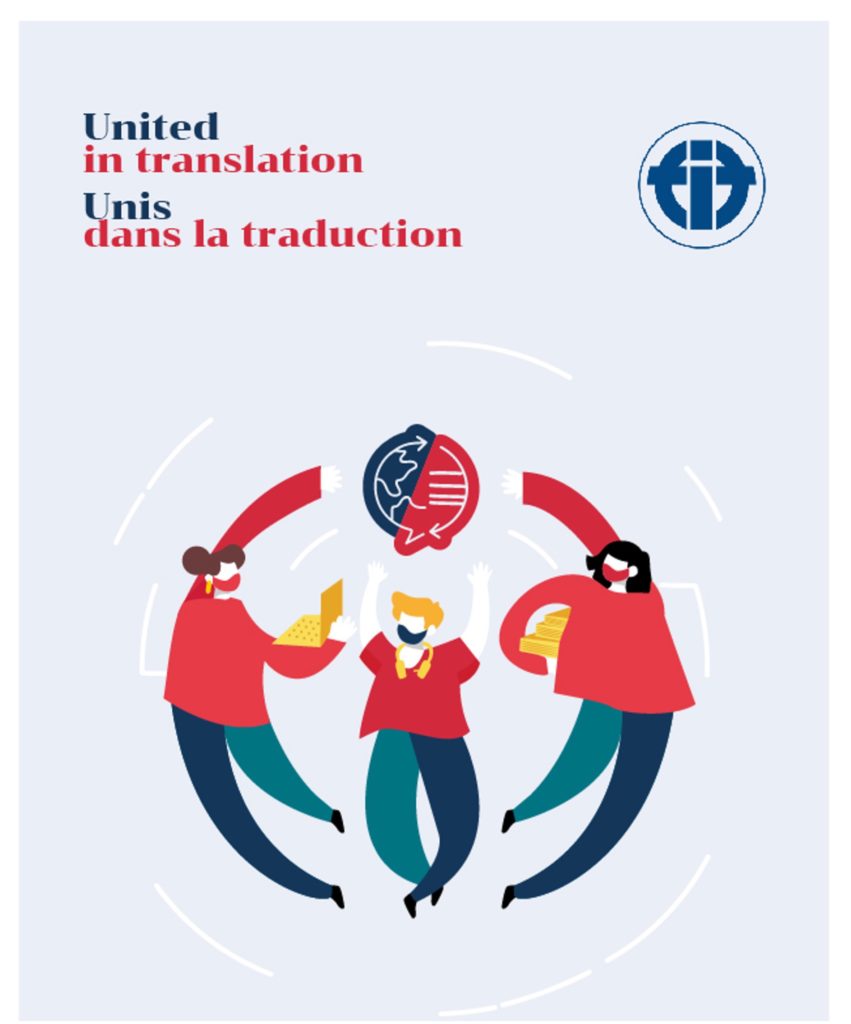United in Translation in 2021
26th September 2021
30th September celebrates the International Translation Day. This special day was created to pay tribute to language professionals such as translations and interpreters. They play a vital role in bringing nations together and preserving clarity in international public discourse and interpersonal communication.
The event is marked with a series of dedicated events and seminars across the world. One of these events is a contest organised by the United Nations. Every year the UN invite their staff and students to complete in the UN St. Jerome Translation Contest. The competition rewards the best translations in English, Chinese, Arabic, French, Russian, Spanish, and German. It was created to celebrate multilingualism and highlight the important role of translators and other language professionals in multilateral diplomacy.
The theme for 2021 is ‘United in Translation’ after over a year of struggle with Covid-19.

Resolution 71/288
An important milestone was achieved for professional translators, interpreters, and terminologists on the 24th of May 2017 when the General Assembly adopted resolution 71/288 recognising the role of language professionals in connecting nations and fostering peace, understanding and development. In the same resolution, the United Nations General Assembly declared 30 September to be UN International Translation Day, celebrated across the entire UN network.
Why was 30th of September chosen as International Translation Day?
Selecting the 30th of September each year to celebrate the extraordinary work delivered by language professionals was not a coincidence. 30 September celebrates the feast of St. Jerome, the Bible translator, who is also considered the patron saint of translators.
St. Jerome was a priest from north eastern Italy. He is mostly recognised for his attempt to translate the Bible from Greek manuscripts of the New Testament into Latin.
Jerome had a knack for languages. He was of Illyrian descent and his native tongue was the Illyrian dialect, but he was also fluent in Greek and Hebrew, which he picked up from his studies and travels. To top it all off he learned Latin in school.
Summary
The United Nations recognise languages as an integral element in cultural diversity, intercultural dialogue and in preserving cultural heritage. They are an essential factor in harmonious communication among peoples and multilingualism, which is also observed as a core value by the United Nations General Assembly.
